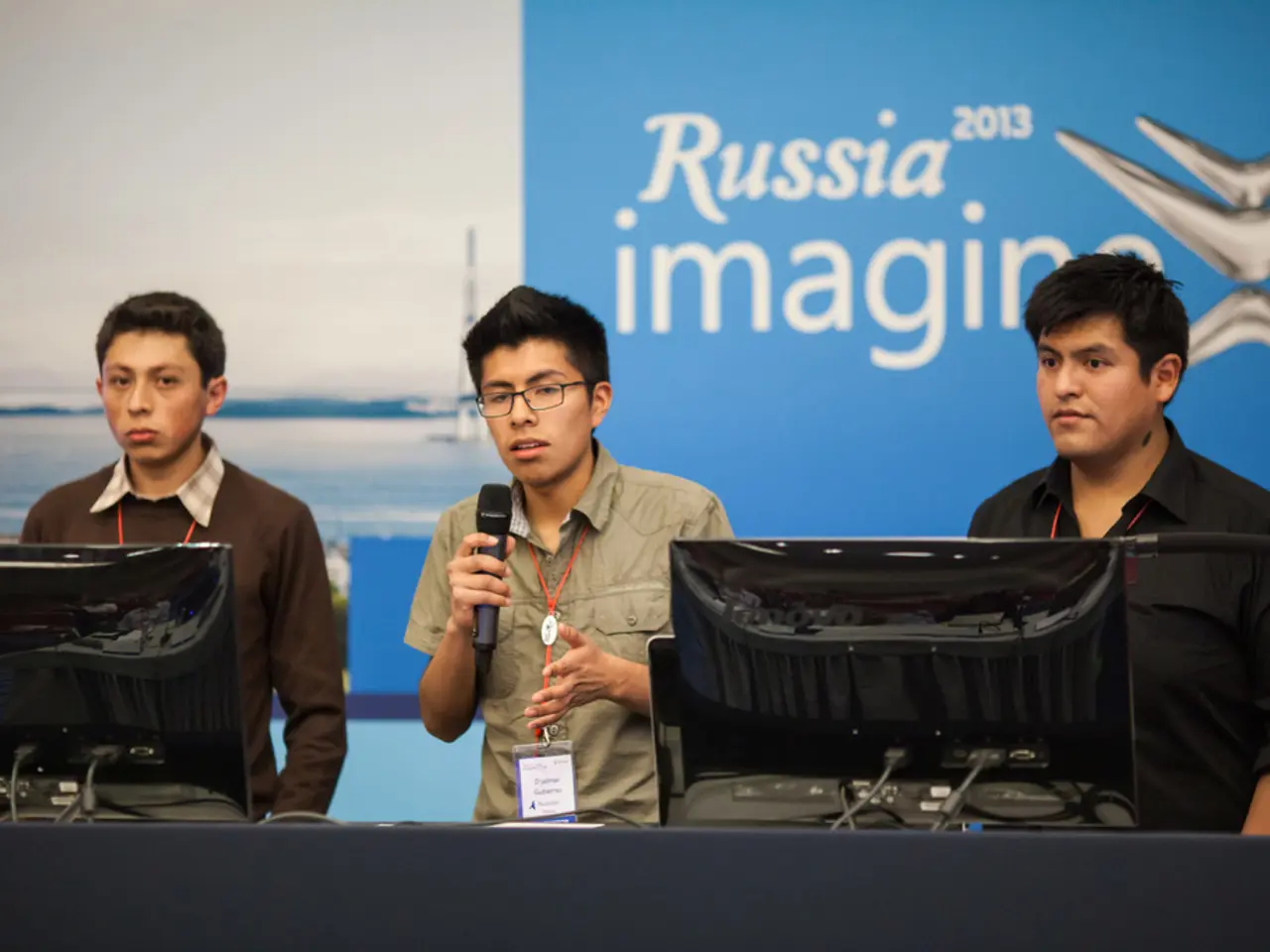United States, EU, and Romania issue joint statement condemning attacks on undersea communication cables
In a concerted effort to safeguard the resilience and security of submarine cables in the digitally interconnected world, the United States, European Union, and Romania have joined forces to enhance protection against sabotage, cyber, and hybrid threats.
With approximately 500 cable lines spanning 1.4 million kilometers worldwide, these critical infrastructures play a pivotal role in communication and energy transmission. Romania's recent endorsement of a joint declaration reflects a multilateral approach to protect these vital assets.
The joint declarations and alliances aim to deter and respond to threats that compromise cables, providing a collective commitment to secure these critical assets. The US Federal Communications Commission (FCC) has also taken steps to streamline submarine cable licensing, providing greater certainty for investors and accelerating cable deployment timelines.
Technological advancements are also a key focus, with efforts to develop and deploy autonomous underwater vehicles (AUVs) for cable monitoring and security. These AUVs employ artificial intelligence and automation to detect threats such as tampering, enabling proactive defense.
Infrastructure expansion projects, such as those connecting regions like Georgia and Romania via high-voltage direct current (HVDC) submarine cables, are being evaluated with an emphasis on securing these strategic infrastructure elements against interference or attack.
The diplomatic effort is in response to concerns about sabotage incidents, cyberattacks, and hybrid campaigns targeting critical infrastructure. Fears of sabotage from the Russian "shadow fleet" have been expressed by EU and US officials since the start of the war in Ukraine. Romania, as a regional technological hub located on the Black Sea, has a direct interest in protecting submarine cables.
The protection of submarine infrastructure in the Black Sea region will be pursued both through international organizations and the implementation of commitments undertaken by NATO leaders at the Washington Summit. Romania intends to continue contributing to the strengthening of protection for submarine infrastructure in the region.
It is worth noting that some submarine cables transport electrical energy over long distances, such as between islands or countries. These deep-sea cables, which also transport data traffic, are a vulnerable part of modern-day infrastructure. The protection of critical submarine infrastructure is an international priority, according to the Romanian Ministry of Foreign Affairs.
Submarine cables transmit about 95% of global data traffic, including internet searches, online shopping, and phone calls. With such a significant role in global communications and economies, the declaration aims to enhance the security and resilience of these cables to safeguard these vital infrastructures.
The endorsement was made in coordination with the United States and European Union partners, underscoring the shared recognition of submarine cables as critical assets in international security and digital economy. Romania's active participation in protecting critical submarine infrastructure within NATO and the European Union further underscores this commitment.
In light of the concerns about sabotage, cyberattacks, and hybrid campaigns targeting critical infrastructure, Romania's involvement in politics and general-news discussions revolves around strengthening the protection for submarine cables in the Black Sea region. This multilateral approach intends to enhance the security and resilience of these vital underwater assets, which transmit about 95% of global data traffic.
The joint declarations and alliances aim to deter and respond to threats that compromise cables, providing a collective commitment to secure these critical assets in the digitally interconnected world. This collective effort is a reflection of the international priority placed on the protection of critical submarine infrastructure.






